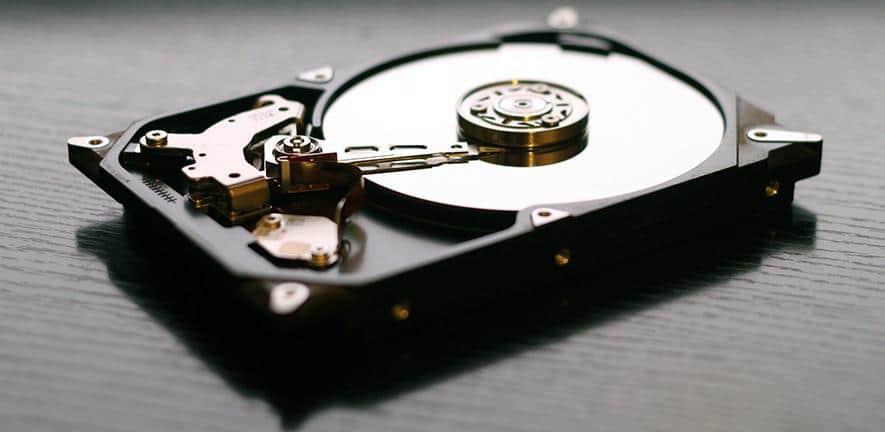

Image: Cambridge University
A “miracle” material that could also make hard drives more reliable. You may soon have a 50TB graphene hard drive on your desktop.
Graphene is a material of interest to researchers in several technological fields: batteries, data storage, or even brain implants. According to researchers at Cambridge University, this material could significantly increase the storage capacities of hard drives, at a low cost. In addition, MIT has developed a technique that allows the production of graphene on a large scale.
Graphene may be the future of data storage
For the same manufacturing cost, graphene could allow new generation hard disks to contain ten times more data than current hard disks. This could be the case soon, according to the researchers. Graphene replaces the carbon-based protective layer makes up most hard drives. This thin layer of carbon, around 3nm today, protects your data from wear and tear. This achieves a storage density of approximately 1TB per square inch.
Thanks to a new technique called Heat-Assisted Magnetic Recording (HAMR), researchers can now push this limit. This is because when heated, graphene can store even more data. This is totally unimaginable with a layer of carbon. This technique could allow us to manufacture hard drives on a large scale with a storage density of between 4 and 10 TB per square inch .
A much more reliable material than carbon
That’s not all: Graphene hard drives also promise to be tougher. The researchers found that a single layer of the material reduced corrosion by 2.5 times. Graphene also reduces friction and wear even more than current advanced solutions.
When you buy a hard drive, you are as interested in its storage capacity as its reliability. This is the case for individuals, but also for professionals who own data centers. We can think that this technological feat will logically interest cloud computing operators like Google, Amazon or Microsoft.
Graphene is an extremely interesting innovative material. In 2018, for example, researchers discovered graphene could help filter water. However, since the discovery of this material in 2004, most of the technologies developed thanks to it have not yet left the laboratories to enter the actual world. Several experts agree that in 202 it is prime time to test graphene in real applications.
